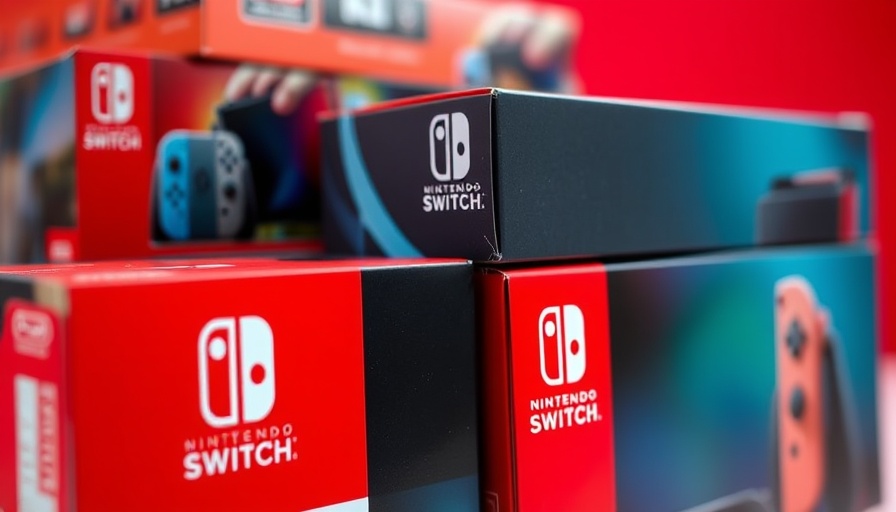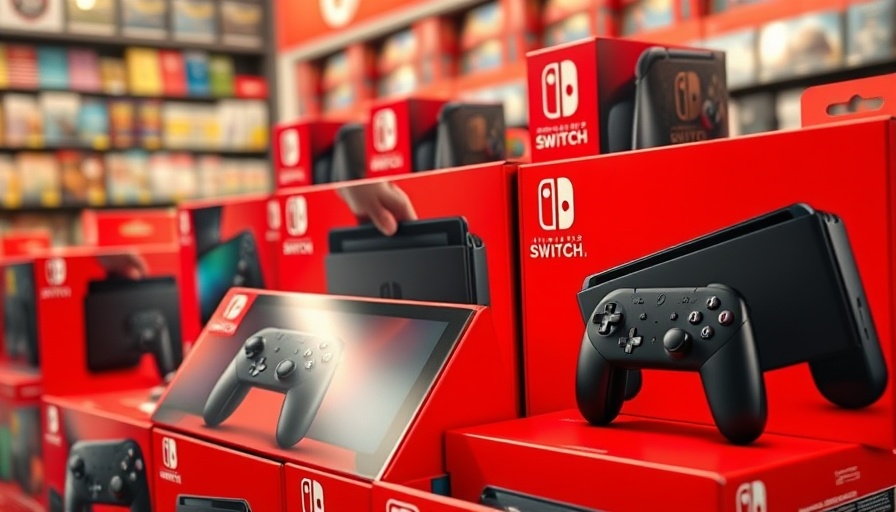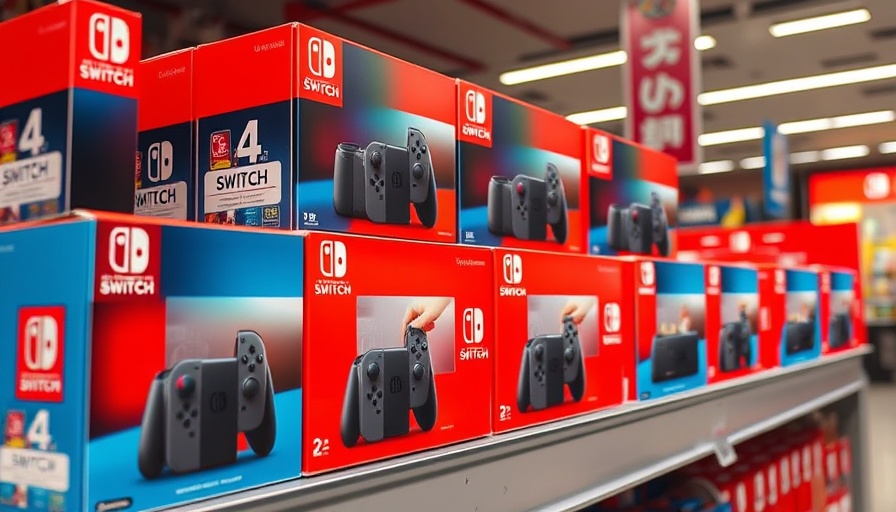
Controversy Surrounds Nintendo's Game Sharing Policies
This incident highlights a growing debate in the gaming community about digital rights and ownership. Nintendo's decision to ban a player for utilizing a game from a previous console raises questions about consumer rights and the real ownership of digital goods. As gamers increasingly turn to second-hand markets for their gaming needs, the question remains: how much control should companies have over the games we buy and sell?
Repercussions in the Gaming Community
The ban of the Switch 2 owner is a stark reminder of how companies enforce their policies within the digital gaming sphere. Online bans not only impact individual gamers but also shape community perception. Many gamers rallied behind the affected player, showcasing the support systems within gaming communities.
Historical Context: The Evolution of Game Ownership
Historically, video game ownership has evolved significantly. From physical cartridges and discs to digital downloads, the landscape has shifted dramatically. Consumers initially owned tangible copies of games, allowing them to trade and sell freely. However, digital ownership often comes with strict limitations, complicating the dynamics of sharing and resale.
The Impact of Digital Rights Management
Digital rights management (DRM) is increasingly common in the gaming industry to prevent piracy and unauthorized use. While its intention is to protect intellectual property, many gamers feel that it restricts their freedom. This case illustrates the tension between protecting creative works and enabling consumer accessibility.
Community Response and the Power of Social Media
In the wake of the ban, social media played a crucial role in amplifying the player's voice. Platforms like Twitter and Reddit became battlegrounds for discussions surrounding Nintendo’s policies. The rapid spread of information highlights the shift in how gamers rally for one another, leveraging digital platforms to demand accountability from larger companies.
Future Predictions: The Ongoing Debate
As the gaming world advances, the dialogue about digital ownership will continue to evolve. With real-time discussions growing around these incidents, developers and corporations may need to revisit their policies to better align with consumer expectations. The question remains: will we see a more lenient approach toward used games in the future?
This incident serves as a critical reminder of a larger movement within the gaming industry toward more consumer-friendly practices. As gamers advocate for their rights, we may see shifts in policies that reflect the community’s desires.
 Add Row
Add Row  Add
Add 




 Add Row
Add Row  Add
Add 

Write A Comment